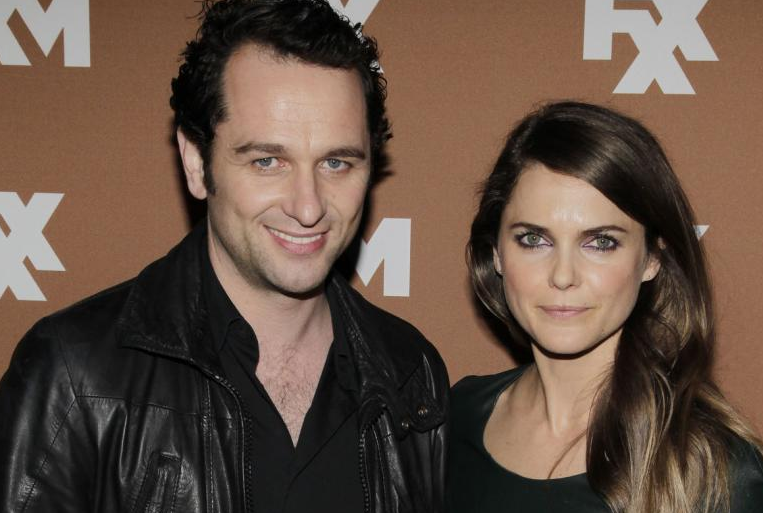 When she was arrested in September 21, 2001, Cuban spy Ana Montes was hailed the “Queen of Cuba”, one of America’s dangerous spies. There’s really not much known about her even after her arrest. News and studies on her craft has been publicly released recently that shed light on the most intriguing and mind blowing query on her case.
When she was arrested in September 21, 2001, Cuban spy Ana Montes was hailed the “Queen of Cuba”, one of America’s dangerous spies. There’s really not much known about her even after her arrest. News and studies on her craft has been publicly released recently that shed light on the most intriguing and mind blowing query on her case.
The Department of Defense Inspector General’s 2005 report has been declassified and shared to the public. It is heavily deducted, many pages, including the CIA’s extensive comments, blacked out. Yet, a quantity of surprising new details are now on the public record.
For 16 years, Ana Montes spied for Cuba from ranking positions at the Defense Intelligence Agency.
When she was arrested in late September 2001, she was about the equivalent in rank of a colonel. She had access to sensitive segmented intelligence. Her superiors considered her one of the best Cuba analysts in government.
Despite the gravity and significance of her case, some of the most enticing questions about her spying have never been overtly answered. The most catching is that how was she discovered?
Was it not anticipated at all and that her tactics have been executed as planned? What was learned about Cuban intelligence tradecraft? Last on the list, which gives enduring concern is that did she work with other American spies thus far undetected or not prosecuted?
Researcher Jeffrey Richelson with the help of the National Security Archive gave enlightenment on the Montes’ case.
Montes’s decision to spy for Cuba was “coolly deliberate.” Enticed by a Cuban access agent in Washington, they traveled together to New York in December 1984. Montes met with intelligence officers posted under cover at the Cuban mission to the United Nations.
She “unhesitatingly agreed” to work with them and travel clandestinely to Cuba as soon as possible. The following March, she went via Spain and Czechoslovakia. The Pentagon report does not state the obvious: while there, she must have received specialized training in intelligence tradecraft.
Then, with Cuban encouragement, she applied for a job at DIA. A standard background investigation was conducted, but we now know that serious concerns about her suitability were raised. Without elaboration, the Pentagon report indicates that they included “falsification of her Master of Arts degree from Johns Hopkins University and her trustworthiness.”
Why did she turn into a Double Agent?
The Cubans were skilled in manipulating and controlling her. She told interrogators after her apprehension that she considered herself the equal of her “Cuban comrades, not a menial espionage tool.” They let her believe she “maintained significant control,” although she consistently left “security matters, including meeting site security, countersurveillance, and transmission security” to her handlers.
Montes said they were “thoughtful, sensitive to her needs, very good to me.” They went to “special lengths to assure her they had complete confidence in her.” They allowed her a long, loose leash, easier because they were not paying for her extraordinary services.
What led to her arrest?
By April 1998, a coordinated search for a Cuban spy was underway, according to the report. The unknown spy had apparently traveled to the Guantanamo naval base as Montes had apparently done on official DIA business.
The breakthrough had seemingly come earlier, however. According to the Pentagon report, Montes was informed shortly after her arrest that investigators “had information from a senior official in the Cuban intelligence service concerning a Cuban penetration agent that implicated Montes.” It appears that this information propelled the investigation that resulted in her arrest.
Did she work with other American spies?
It is now clear, however, that Montes’s apprehension was not just the result of excellent intelligence work. She told investigators after her arrest that a week earlier she had learned that she was under surveillance. She could have decided then to flee to Cuba, and probably would have made it there safely.
After her arrest, Montes insisted that she had the “moral right” to provide information to Cuba. In her view, she did not work for Cuba, but with Cuban officials. They felt “mutual respect and understanding” she thought, as “comrades in the struggle.”
But she said that “she couldn’t give up on the people she was helping.” Montes is serving a 25 year prison sentence.





